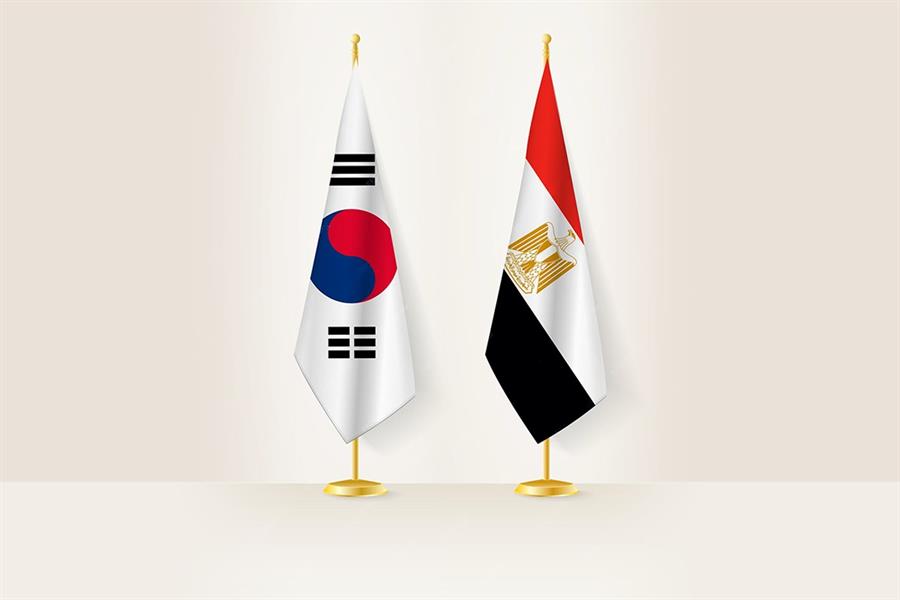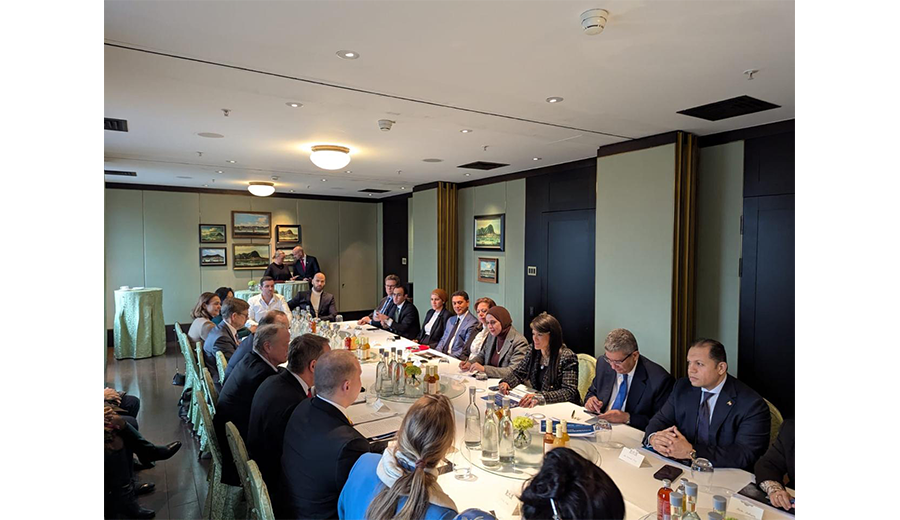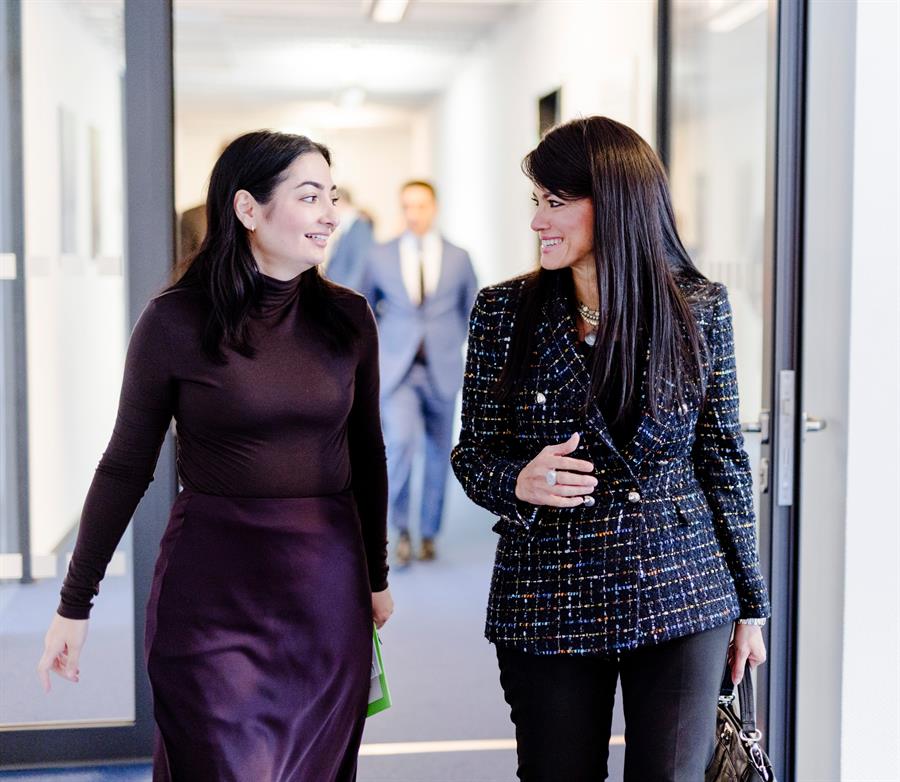Planning Ministry participates in the 3rd global virtual workshop on linking major groups and stakeholders involved in the VNR reporting process 2021

26 May 2021
The Ministry of Planning and Economic Development, represented by the Sustainable Development Unit, participated recently in the third global virtual workshop entitled "Connecting major groups and stakeholders involved in the process of submitting voluntary national reports (VNR) for the year 2021", as part of the ongoing preparations that Egypt is making to submit its third national voluntary report at the High-Level Political Forum in July 2021.
Mr. Sherif Daoud, Vice President of the Sustainable Development Unit, and Ms. Alia Khaled, Policy Analyst at the Ministry's Sustainable Development Unit participated in the symposium.
During the workshop, the Egyptian experience was reviewed and how stakeholders participated, especially civil society and the private sector, as part of the preparation of the third national voluntary report for Egypt, where the emphasis was placed on the participatory approach taken by the Ministry of Planning and Economic Development in updating’s Egypt Vision 2030 and in preparing the third national voluntary report.
It also referred to the steps taken by the Ministry of Planning and Economic Development to facilitate and strengthen consultations with relevant stakeholders within the preparation of the third voluntary national report, which includes coordination with various ministries and relevant government agencies.
Representatives of the Ministry of Planning and Economic Development explained that in light of the precautionary measures for the emerging Coronavirus pandemic, the Ministry has conducted many virtual consultations with civil society institutions to better understand their contribution to achieving sustainable development goals.
The ministry‘s representatives also explained the initiatives that have been followed to mitigate the effects of Covid-19 and promote social and economic recovery.
The results of those consultations included the Ministry's Sustainable Development Unit working to create an open platform on the ministry’s website to facilitate communication with stakeholders, and to receive their interventions and proposed initiatives and various contributions from them regarding the formulated policies related to sustainable development.
The workshop was organized by; The United Nations Department of Economic and Social Affairs (UN-DESA) in partnership with the Voluntary National Review Group (VNR Task Force) and a group of mechanisms to coordinate the efforts of various stakeholders.
The workshop aimed to exchange information and experiences with the various countries that will present their national voluntary reports on how all stakeholders from government agencies, the private sector, civil society, youth and women, academics, media, local governments, regional and international organizations, and donors participate in the process of preparing national voluntary reports.









